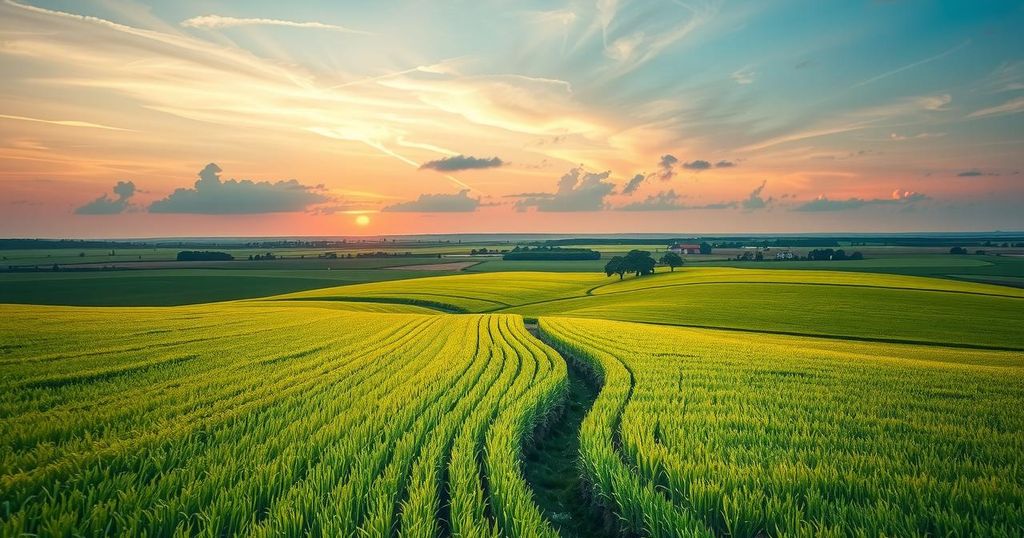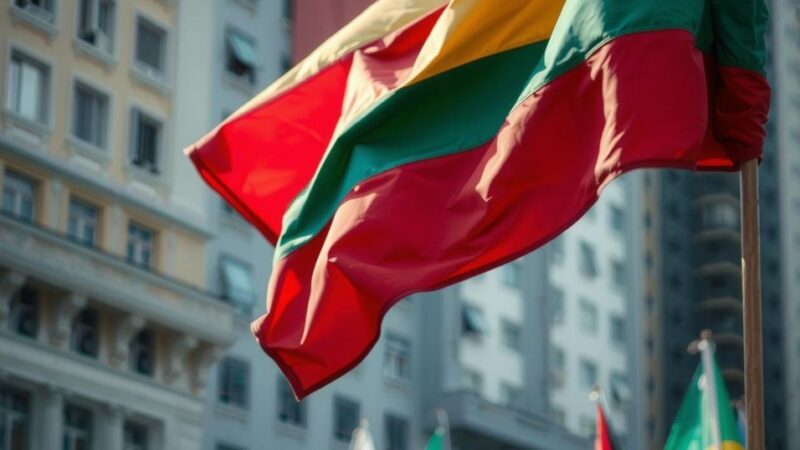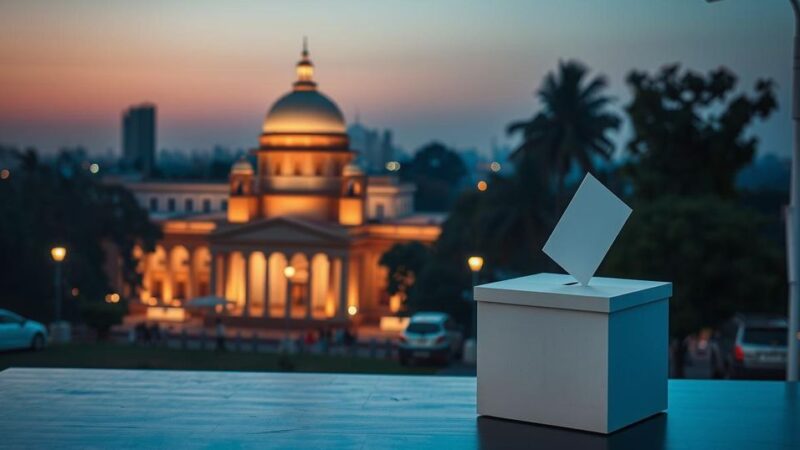President Trump has frozen U.S. aid to South Africa due to a law allowing the government to seize land from White farmers without compensation, claiming it indicates human rights violations. The South African government has countered this claim, affirming their commitment to land reform and addressing past injustices. This order also aims to assist Afrikaners fleeing discrimination.
United States President Donald Trump signed an executive order to freeze foreign aid to South Africa in response to a controversial land law. The law permits the government to expropriate farmland without compensation, specifically impacting White farmers, which Trump stated represents human rights violations. The order mandates that U.S. agencies cease assistance unless deemed necessary and aims to support Afrikaners fleeing perceived discrimination.
This executive order comes amidst ongoing tensions relating to land reforms in South Africa, which have their roots in the country’s colonial past and apartheid regime. The government contends that new land redistribution policies aim to rectify historical injustices while ensuring equitable land ownership among diverse populations. South Africa’s President Cyril Ramaphosa has affirmed commitment to working with international partners to address these reform challenges.
In conclusion, President Trump’s aid freeze reflects discontent with South Africa’s land reform policies, which he deems discriminatory and damaging to human rights. The South African government has rebuked this stance, citing a misrepresentation of its efforts to address historical inequalities. This complex issue encapsulates the persistent tensions between historical injustices and current governance.
Original Source: www.cnn.com






